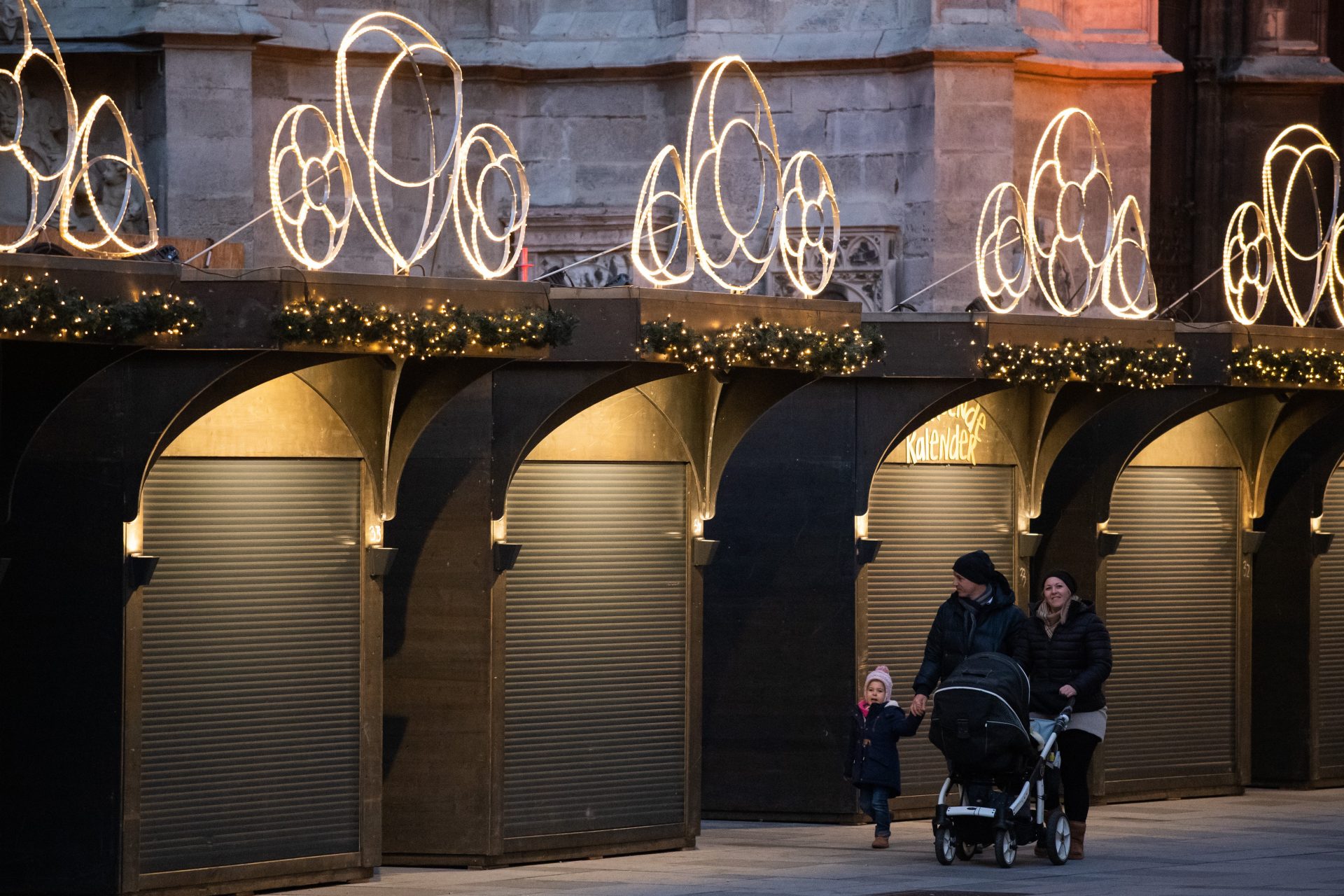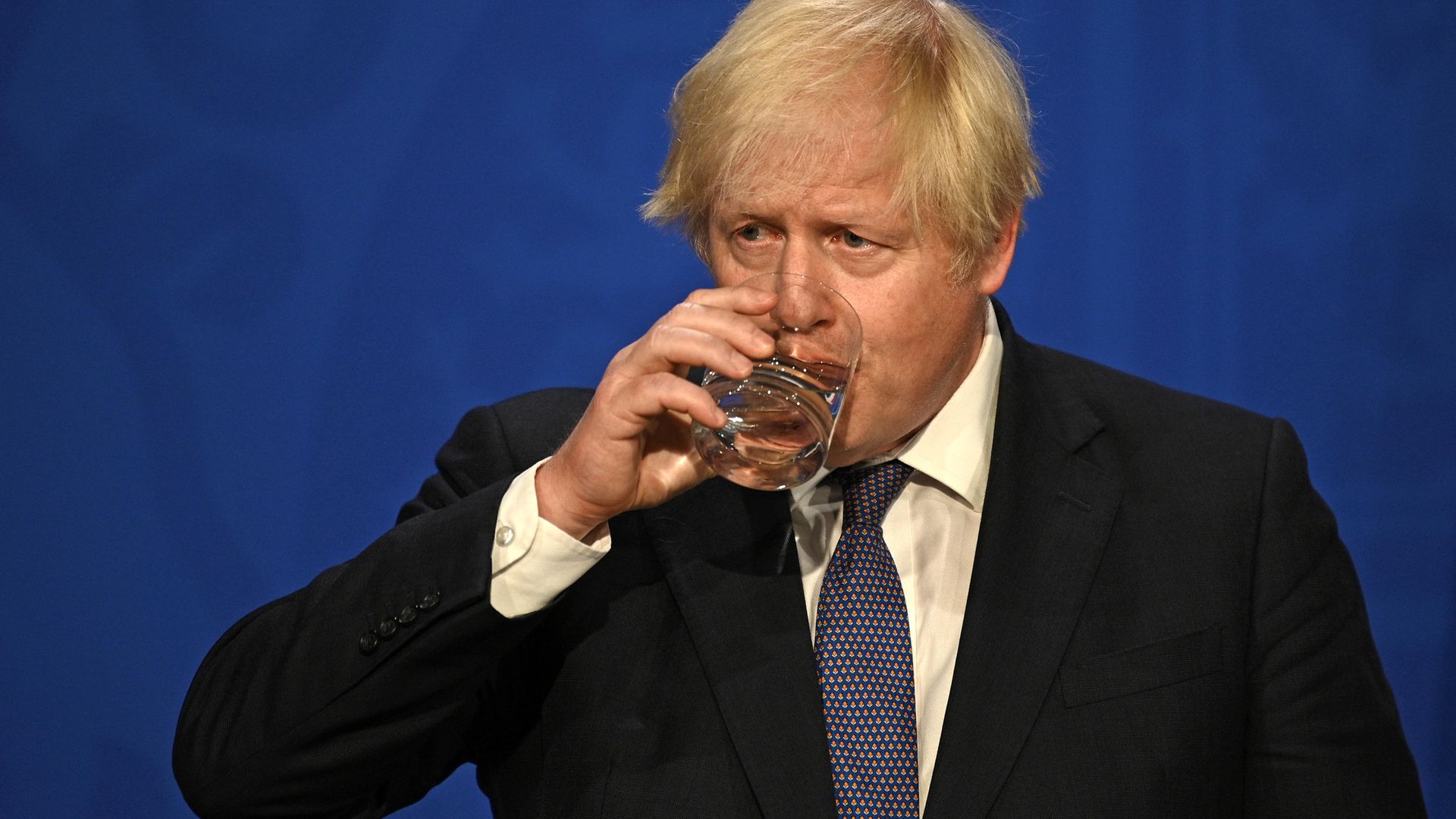Most children born in Germany this millenium think that Bundeskanzler is a political post exclusively held by women. This time next week, for the first time in 16 years, this will change and a guy will take office. If everything goes according to plan, that is. Which, in my country, it usually does. Pandemics excepted.
First things first, here’s how his name is pronounced: Olaf (you’ll manage) Scholz (nothing to do with Scholes, try saying: Herr Shollts).
Further items of interest to you may be: age 63, height 1.7m (5ft 7in), married to fellow Social Democrat Britta Ernst for 23 years. He’s a runner and does a bit of rowing. No kids, no pets, no fuss.
Other couples have hobbies, these two have politics: Britta pursues a successful career herself, as education minister in Brandenburg.
What is her husband like, the future chancellor? I’m a bit hesitant to judge (having worked for his opponent Armin Laschet). No, actually that’s just a pretence to use a quote about Scholz made by former US ambassador John Kornblum in The New York Times: “The guy everyone likes best is the most boring guy in the election – maybe in the country. He makes watching water boil seem exciting.”
If excitement was measured on a Boris Johnson scale, this quote is perfectly true. But in Germany, if people want comedy, they turn on the telly. A majority sees government and entertainment as mutually exclusive. And to this effect, Scholz is a natural.
Just before the election, a newspaper questionnaire asked about his favourite emoji. Scholz: “I’m no fan of emojis.” The shortest joke he knew? Scholz: “My jokes are spontaneous and I don’t tell the same one twice.” Which historical figure would he like to chat with? Scholz: “Immanuel Kant”. You get the idea…
His staccato and robotic manner of speaking earned him the title “Scholzomat” decades ago. But, off the record, I’ve seen him get into a relaxed, giggly mood, when he feels safe enough, away from the cameras.
He grew up in Hamburg, and in various cabinet positions in Berlin he was generally well-respected, and even popular for countering housing shortages and not making promises he couldn’t keep.
He became active in politics in the mid-1970s as a curly-haired JuSo (the JungSozialisten, Young Socialists). Back then, he marched against Helmut Schmidt’s pro-Western policy, protested against “imperialistic NATO aggression” and like every JuSo, he wanted to overcome capitalism.
Reassuringly, he has since changed his views (to a degree that a couple of financial scandals could happen under his watch). Less reassuringly, the majority of the SPD hasn’t changed theirs – and Scholz, the soon-to-be-chancellor, isn’t the head of his own party nor will he be. It is currently run by two far-left backbenchers who have the full support of the party youth.
Scholz, having promoted Gerhard Schröder’s disputed but necessary social welfare reforms, then raised the retirement age to 67, and has been punished for this with low results at party conventions since.
He ran to be party head in 2019 and failed. His opponents, among them the current party leaders, even questioned whether he is a staunch social democrat at all.
From the moment he became a candidate last year, he and his inner party adversaries have called it a truce. But bets are already being made on how long this will last. Because even now, Scholz isn’t loved by his party. He is a means to an end.
Scholz sees himself in the tradition of Schmidt and Schröder, who both had to govern with an SPD far to the left of where they stood.
A couple of people I spoke to in London last week were concerned that Scholz was a francophile. I don’t see him as one, he doesn’t really speak French, and Hanseatic Hamburgers are the most anglophile people in Germany.
I remember how Scholz (and his closest aide Wolfgang Schmidt) went to great lengths to host both David Cameron and Angela Merkel at a prestigious state dinner in Hamburg a few months before the 2016 referendum.
Scholz’s policy towards the UK will probably not change drastically from what it has been: we are friends, but it’s EU first, Germany second (or the other way around) and Brexit was your idea. So, as is German tradition, his first official overseas visit will be to Paris.
Germansplaining: Germany’s anti-Boris takes charge
Our columnist (who worked for his rival during the German elections) says Angela Merkel’s successor is a pragmatist, not an entertainer.




